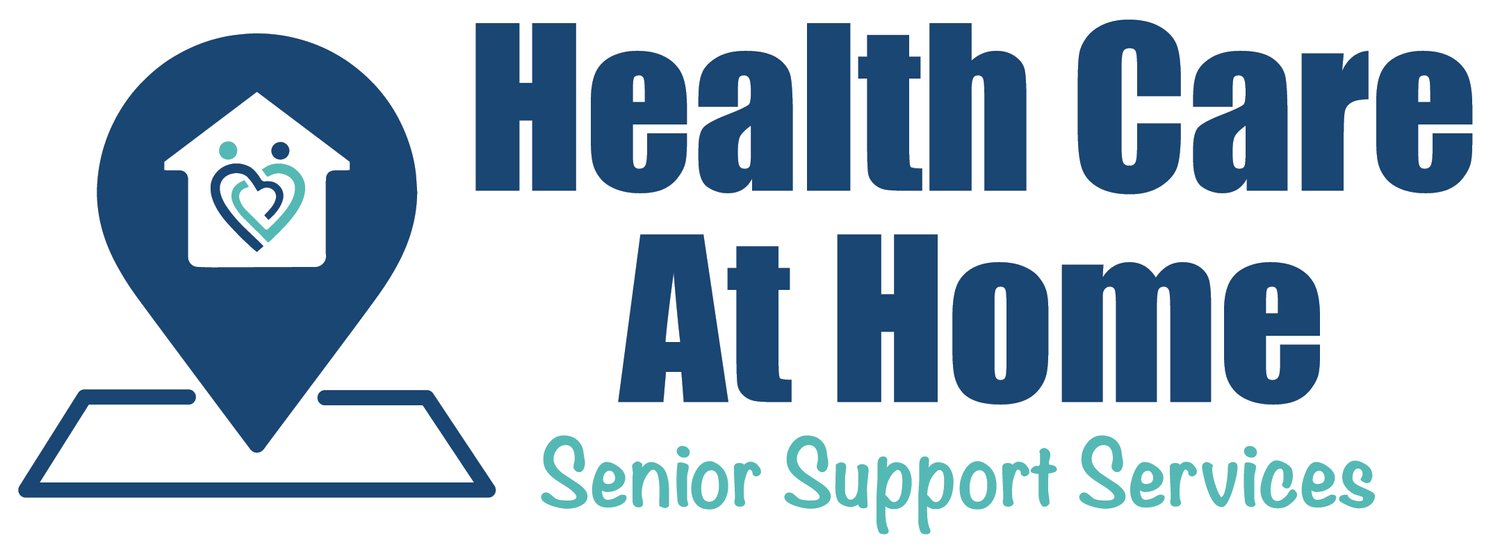As individuals age, maintaining a balanced and nutritious diet becomes increasingly crucial for overall health and well-being. Seniors, in particular, face unique challenges that may hinder their ability to access and prepare nutritionally sound meals. In such circumstances, home care agencies like Health Care at Home play a pivotal role in ensuring that seniors receive the dietary support they need to thrive.
Proper nutrition is fundamental for seniors as it directly impacts various aspects of their health. A well-balanced diet can contribute to:
Physical Health: Essential nutrients support muscle strength, bone density, and overall physical vitality. Adequate nutrition also helps in preventing or managing chronic conditions such as diabetes, heart disease, and osteoporosis.
Cognitive Function: Certain nutrients play a vital role in maintaining cognitive function and reducing the risk of cognitive decline. Seniors who consume a diet rich in antioxidants, omega-3 fatty acids, and vitamins are better equipped to preserve their mental acuity.
Immune System Support: A nutritious diet strengthens the immune system, making seniors more resilient to infections and illnesses. This is especially important as the immune system tends to weaken with age.
Mood and Emotional Well-Being: Nutrition can influence mood and emotional well-being. Consuming a variety of nutrient-dense foods can contribute to the production of neurotransmitters that play a role in regulating mood.
Several factors contribute to the challenges seniors may encounter in maintaining a healthy diet:
Limited Mobility: Reduced mobility can make it difficult for seniors to shop for groceries or prepare meals, leading to a reliance on convenience foods that may lack nutritional value.
Medical Conditions: Certain medical conditions may necessitate dietary restrictions or modifications, making it essential for seniors to have access to tailored meal plans.
Social Isolation: Seniors who live alone or experience social isolation may be less motivated to cook for themselves, leading to inadequate nutrition.
Home care agencies like Health Care at Home play a crucial role in addressing the nutritional needs of seniors. Here's how:
Meal Planning and Preparation: Trained caregivers can assist in planning and preparing nutritious meals based on the dietary requirements and preferences of the senior.
Grocery Shopping Assistance: Home care professionals can ensure that seniors have access to fresh, wholesome ingredients by assisting with grocery shopping.
Medication Management: Some medications may affect appetite or nutrient absorption. Home care providers can monitor medication schedules and collaborate with healthcare professionals to mitigate potential nutritional challenges.
Companionship: Beyond meal-related assistance, home care agencies offer companionship. This social interaction can positively impact the mental and emotional well-being of seniors, encouraging them to engage more actively in their nutrition.
Ensuring that seniors have access to nutritionally sound meals is a critical aspect of promoting their overall health and quality of life. Home care agencies like Health Care at Home play a vital role in addressing the unique challenges faced by seniors, offering personalized care that goes beyond medical assistance to encompass holistic well-being. By prioritizing nutrition through such services, we can empower seniors to age with dignity and vitality.
